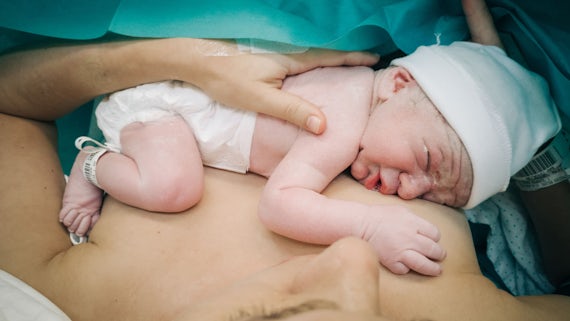Ian Weeks

Innovation and invention have always played a major part in my life.
From a young age I built lasers from scratch, poked about in the back of old TV sets, and mixed chemicals that, for safety’s sake, should not have been mixed. I look back on this era with a shudder and sense of amazement that I survived experiments.
I undertook my BSc and PhD in Chemistry at Cardiff University. After a brief period in industrial research however, I undertook postdoctoral research in the world of medical biochemistry at the then Welsh National School of Medicine. This interdisciplinary approach led, ultimately, to global impact on the diagnosis of disease.
Scientists at the time were searching for better ways of measuring clinically important molecules or ‘biomarkers’. Working within the School of Medicine, I was able to apply my knowledge of chemistry to this problem. My ‘eureka moment’ led to the design and synthesis of a light-emitting molecule that could be simultaneously coupled to an antibody molecule, providing unsurpassed disease diagnosis.

"Collaboration between academics, clinicians and industry will be the key to unlocking scientific discovery and creating tomorrow’s innovations."
The discovery created considerable industry interest. The School filed patent applications, which were licensed to diagnostics companies. A spin-out company, Molecular Light Technology Ltd, created high-skilled jobs locally and invested in further research. Its sale brought in further income for the School.
Today, the business successors of the original licensees - Siemens Healthcare Diagnostics Products and Hologic - manufacture and market hundreds of millions of laboratory tests each year for the benefit of patients worldwide. These include diagnostic tests for cancer, infections, diabetes and many other illnesses, as well as blood bank tests that screen donated blood for pathogens such as HIV and hepatitis.
I am constantly amazed how a few experiments I undertook back in the 1980s created real global impact. It is testimony to the skill and expertise of the hundreds of people who are ultimately required to translate major innovations from ‘bench to bedside’.
I have not yet quenched the ‘innovation thirst’, and much of my work involves supporting the unmet clinical need in the areas of cancer, type 2 diabetes and wound healing. Much of my current work involves supporting the next generation of innovators.
Our research creates benefits across health, society and the economy.
